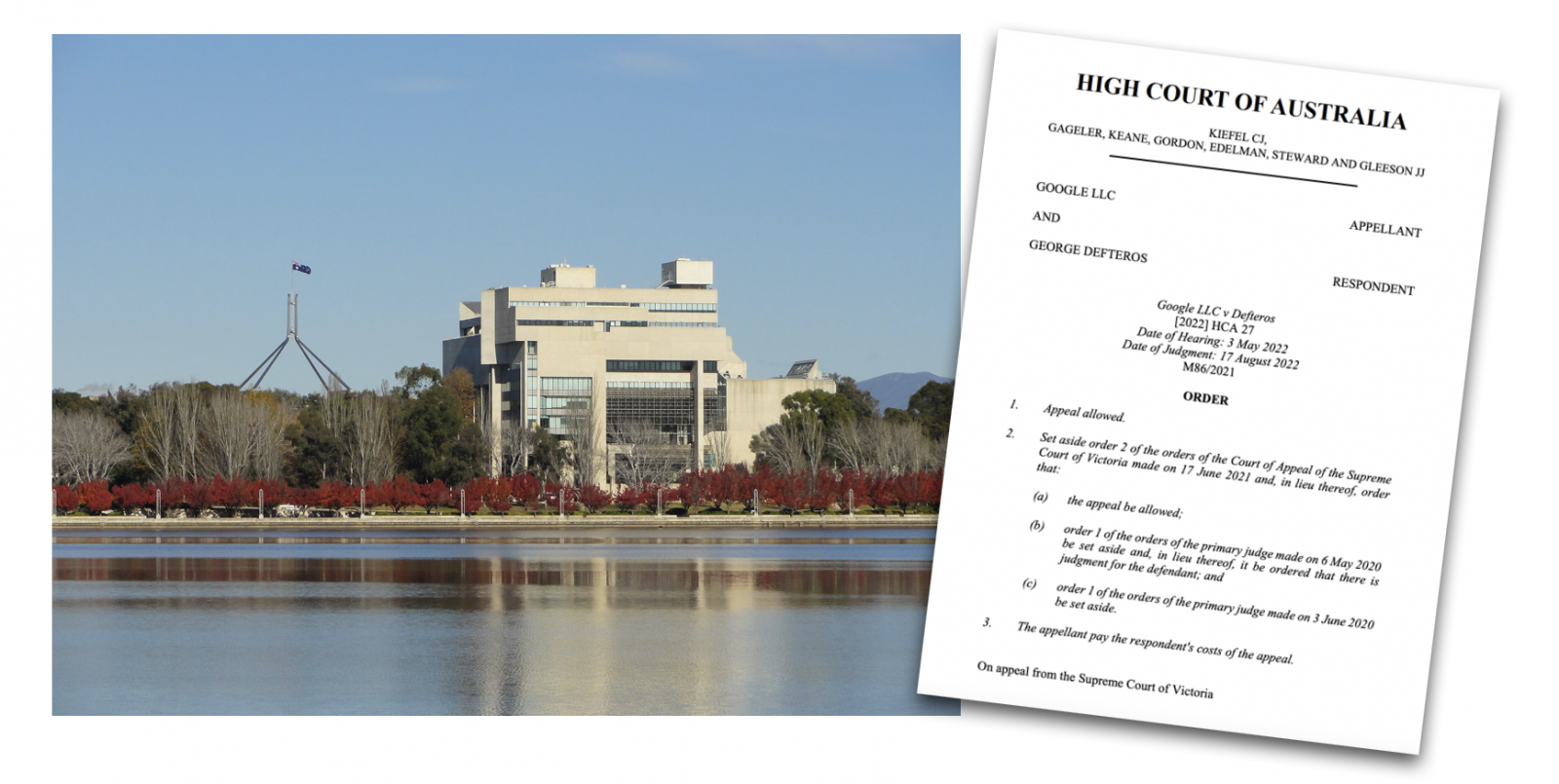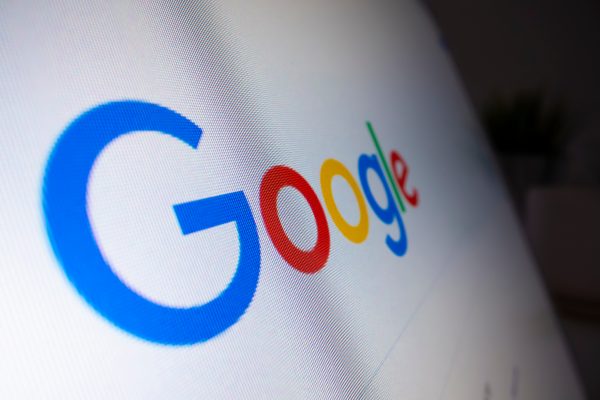High Court of Australia rules that Google is not a publisher
The High Court of Australia has declared that Google is not a publisher. The judgement, which legal experts say could hold significant ramifications for the general public, means that the company is not responsible for defamatory news articles.
“In reality, a hyperlink is merely a tool which enables a person to navigate to another webpage,” a joint statement by Chief Justice Susan Kiefel and Justice Jacqueline Gleeson said.
Search History
The case relates to a longstanding matter that first began in 2004, when Google lost a defamation case against George Defteros, a lawyer for ‘underworld figures’. Since then, and as recently as 2021, the company has been appealing to have that judgment overturned, on the grounds that merely providing a hyperlink to a story (in this case by The Age) did not amount to publication of it.
Interestingly, a significant part of the ruling centred around commercial matters. In a document published on its own website today, the High Court of Australia reported:
‘…that Google tailors its search engine system in that way is unsurprising. It is Google’s business model – it “has a commercial interest in providing a quality service with responsive search results” (154). That is why it pays particular attention to webpages that appear to be news articles. It is why the Google search engine system crawls for and separately indexes news articles. News articles are of particular importance to Google. Google and online news providers such as The Age Online (which generate the news articles) have an objective common intention – to facilitate access to news articles. It is why Google participates in the publication of news articles to which its search engine system provides a hyperlink.’

Sponsored links however, are viewed slightly differently:
‘It is in the appellant’s interest to have a popular search engine,’ says the High Court document. ‘That is because the appellant or its subsidiaries, or both, carry on an advertising business (372). Whilst not the subject of specific findings below, using the Google search engine produces at least two different types of search results. The first set of results are advertisements that relate to the subject matter of the search; the second are the search results themselves. A different algorithm is used to produce the advertisements (373). These proceedings were not concerned with this aspect of the appellant’s global business and different considerations may apply to advertisements with respect to the issue of publication.’
For the latest policy, regulatory, and legal updates in the digital media space, you can access FIPP’s Global Media Tech Regulation Tracker here.
[Main image: Shutterstock.com./ymgerman]









